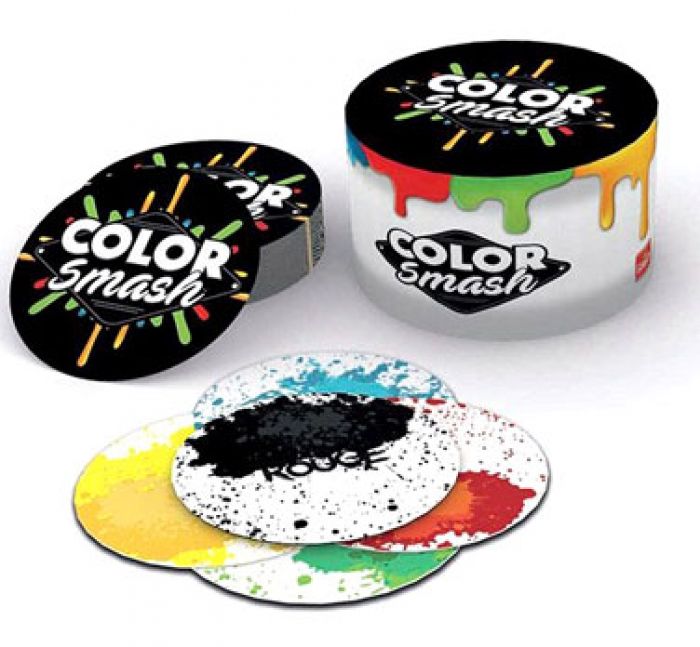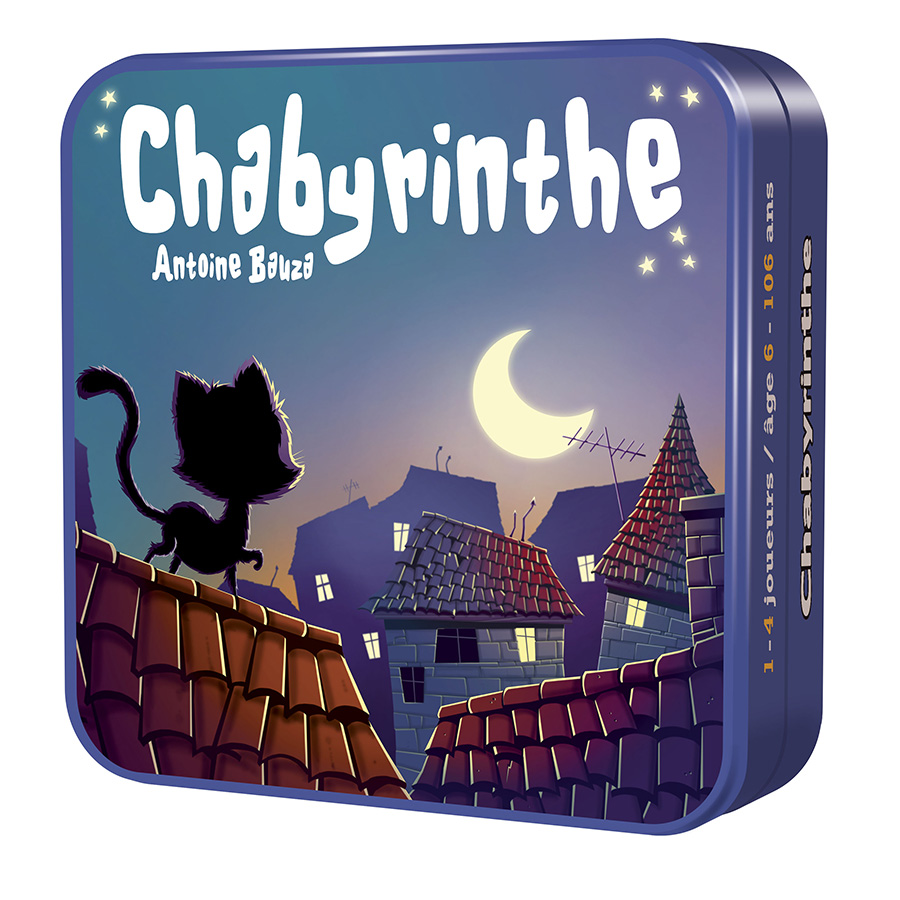What is cognitive remediation?
Cognitive remediation is a therapeutic approach based on the principle of brain plasticity. The objective is to enable people with cognitive difficulties to improve their cognitive functioning or to learn new adaptive strategies in order to achieve a better quality of life.
In children, brain plasticity is more efficient than in adults, because their brains are still developing. This makes cognitive remediation particularly suitable. Following a neuropsychological assessment to accurately assess the child’s difficulties and highlight his or her points of support, it is therefore advisable to offer remedial sessions adapted to his or her problem, bearing in mind that the child’s motivation is an essential factor in the success of the care: these sessions must therefore remain playful in nature.
The use of board games in cognitive remediation.
In parallel with the so-called “pencil-paper” exercises, the psychologist in charge of the child will therefore be able to rely on games. There are a lot of board games that can be used very easily as part of this support. In the games presented below, if the child wants to win, he will have to question himself about the most appropriate cognitive strategy, with the help of the psychologist he will learn to put in place effective strategies to compensate for his difficulties.
- For children with inhibition deficiency, we will rely on games in which it will be necessary to inhibit a reflex response. For example:

Halli-Galli : Each time a card is turned over, as soon as 2 cards have 2 common points (colour, fruit, instrument) the child must press the bell. He will have to be careful not to ring for no reason.

Cockroach salad : Players must return a card representing a vegetable in turn as soon as possible. But be careful to state the right vegetable and not to set foot in the dish.

Neither Yes nor No : Prohibition to say Yes or No, we must inhibit this answer, which is so reflexive

Color smash : The child should only tap on the pile of cards when the colours and words match. Beware of mistakes. A stroop-type game.
- For children with planning difficulties, games will be chosen in which the child will have to plan in advance the different steps that will allow him/her to reach an objective (and therefore victory!)

Chabyrinth : A tactical game where you have to create an obstacle-free course to allow the felines to find a home.

Rush Hour : With logic and reflection, the player have to get the red car out of the traffic jams by sliding the other vehicles onto the board.

Power 4 : The player have to make a line of at least four tokens either vertically, horizontally or diagonally before his opponent.
- For children with working memory difficulties, here is an example of a game in which it is necessary to update the information retained in working memory to designate the right target (be careful, this game can be a little difficult for young children or children with severe difficulties). The memory and the game of the seven families can be good tools too.

Panic Lab : Players must find small creatures escaping from a lab. For this reason, it is necessary to take into account new mutations at each round.
- For children with an attention deficit, we will choose games that require the implementation of attention strategies such as:

Dobble : Players must identify the one and only identical symbol between two cards faster than their opponents and then name it aloud.

Lynx : Observation and language society game. You must find the object you are picking among the 300 images on the board.
Of course, this list is not exhaustive, there are many games that can be used in cognitive remediation. For teenagers, working with video games as a support can also be interesting.
Words I have learend :
- Board Games : Jeux de société
- Cognitive remediation : Remédiation cognitive
- Opponent : Adversaire
- Inhibition deficiency : Déficit d’inhibition
- Working memory difficulties : Difficultés de mémoire de travail